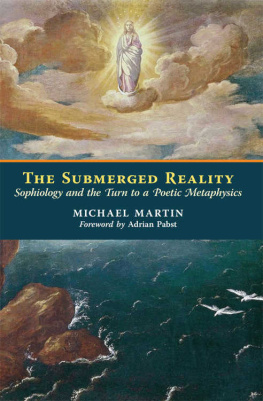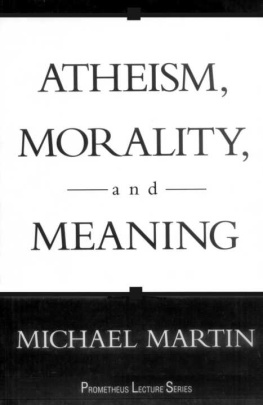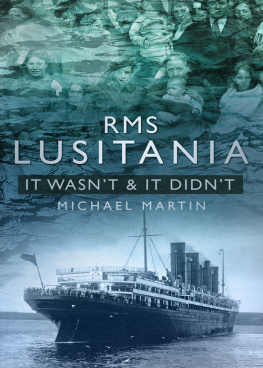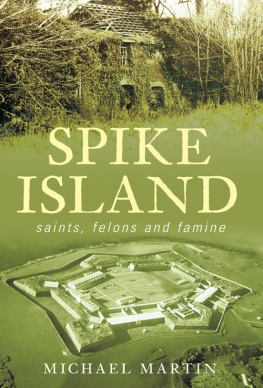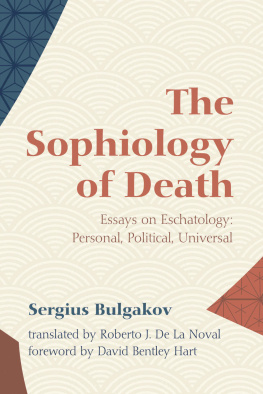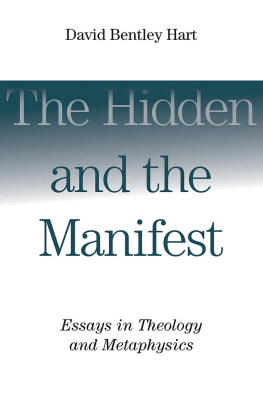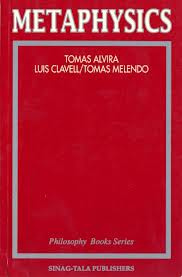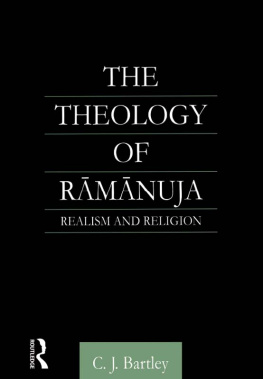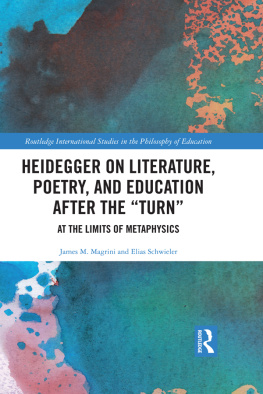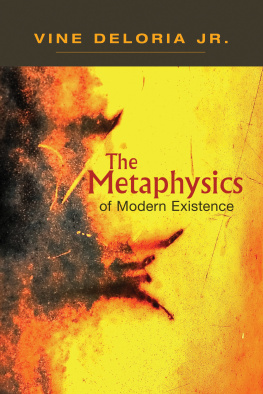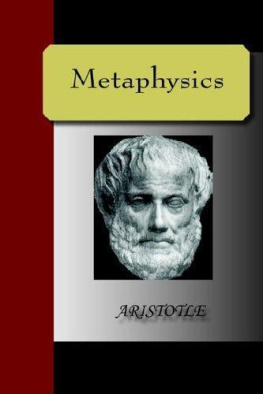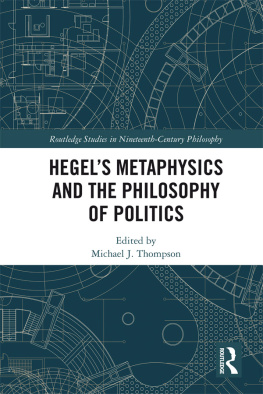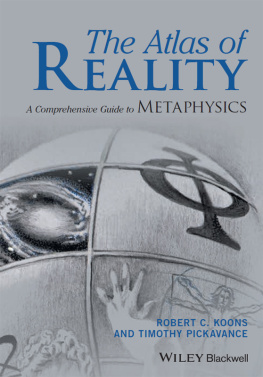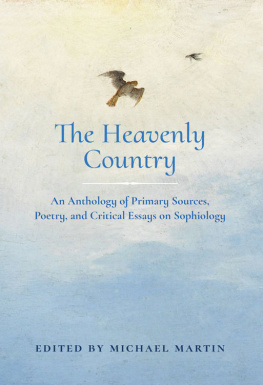The Submerged Reality:
Sophiology and the Turn to a Poetic Metaphysics
The
Submerged Reality
Sophiology and the Turn to a
Poetic Metaphysics

Michael Martin
Foreword by
Adrian Pabst

First published in the USA
Michael Martin 2015
Foreword Adrian Pabst 2015
Angelico Press, 2015
All rights reserved
No part of this book may be reproduced or transmitted, in any form or by any means, without permission.
For information, address:
Angelico Press
4709 Briar Knoll Dr.
Kettering, OH 45429
angelicopress.com
978-1-62138-113-6 pb
978-1-62138-114-3 ebook
978-1-62138-115-0 cloth
Cover image: Saint John the Evangelist on Patmos (detail)
Pedro Orrente (15881645)
Cover design: Michael Schrauzer
CONTENTS
For Fr. Cyril Attak
Confitemini Domino quoniam bonus: quoniam in sculum misericordia eius.
Psalmus CXVII, i
Acknowledgements
PUTTING THIS BOOK together has been nothing short of miraculous. From the time John Riess, publisher of Angelico Press (to whom I owe much gratitude), invited me to submit a proposal in summer of 2013 to the act of writing these acknowledgements, the process has, at every turn, revealed previously unknown connections, initiated beautiful new friendships, and fostered the growing awareness that this was a book I was meant to write. I have many people to thank.
Some portions of this book first appeared in other forms in the journals Logos: A Journal of Eastern Christian Studies and Second Spring and I extend my gratitude to their editors, Adam DeVille of Logos, Lonie and Stratford Caldecott of Second Spring, for their permission to include them here. Stratford and I had corresponded for a number of years about various topicsVladimir Solovyov, Valentin Tomberg, and education, to name a fewand I always came away from our encounters with the feeling of almost uncanny familiarity: an experience, I think, many of his friends and colleagues would affirm. With his unfortunate passing, the world of Christian letters has experienced a great loss. Grant him, O Lord, eternal memory.
I am also indebted to a number of scholars, friends, and colleagues whose ideas and encouragement have been extraordinarily rewarding and nourishing as I moved through the project: Brandon Gallaher, Francesca Aran Murphy, David Parry, Yaakov Mascetti, James Morgante, James Wetmore, George Alcser, Donald Levin, Kari Riess, Douglas Gabriel, and Robert Powell. And I am more than grateful to Adrian Pabst for his Foreword.
I also offer my thanks to Marygrove College for the reception of a grant that helped me successfully complete this project.
But my deepest appreciation goes to my wife, Bonnie, and my childrenBrendan, Dylan, Thomas, Mae, Aidan, Zelie, Isabel, Gabriel, and Danielthrough whom I daily see beauty shine into the world.
Feast of the Encounter /Presentation
2 February 2015
Foreword
by Adrian Pabst
M ichael Martins The Submerged Reality is a narrative about fall and redemption. It links the crisis of contemporary culture to the nominalist dividebetween immanent nature and the transcendent supernaturalupon which modernity rests. It also charts an alternative modernity stretching from late medieval realismvia the Renaissance, Protestant mysticism, and Romanticismto the sophiology of the nineteenth and early twentieth centuries. Linking these strands is the notion that nature is dynamic and that our human embeddedness in a creative cosmos discloses the presence of God in the world, this presence being revealed most of all in Gods kenotic self-giving. The one triune God gives Himself absolutely and without reserve, and the radical simplicity of divine essence is paradoxically reflected in the diversity of creation. Gods essence is both incommunicable and self-sharinga paradox that finds its supreme expression in the mystery of divine Wisdom. As Martins book shows perhaps more clearly than other contemporary works on sophiology, wisdom is at once creative and created, divine and human. It is the relational between (or metaxu) of Creator and creation that draws fallen humanity into union with God. Thus the shape of Gods unreserved gift of participation in the divine is sophianic.
This narrative shows in novel ways why the modern shift toward the individual knowing subject and the primacy of epistemology (exemplified by the work of Descartes and Kant) was neither necessary nor normative, and how the underlying theology of nominalism and voluntarism has ended up de-naturalizing humanity and de-humanizing culture. By sundering reason from faith, nominalist theologians such as Roscelin and Occam separated philosophy from theology, and knowledge from wisdom. In turn, these divisions go back to the double denial that universals ). Over time, nominalist and voluntarist theology operated a rupture with cosmic, sacramental, and corporeal mediation that fostered a growing pessimism underpinning Cartesian rationalism, Baconian empiricism, and Hobbesian realism about Gods remoteness or even absence from the world. With deep roots in the perverted theology of Jansenist Augustinians who were convinced of mans near or total depravity, this pessimistic outlook led to a new exaltation of human self-determination that left humans disconnected from the cosmos and reduced culture to the artifice of human will.
Crucially, Martins work shows how the alternative modernity of poetic metaphysics can renew both cosmos and culture, and also begin to redeem our fallen nature in this life. Wisdom governs the metaxological realm between Creation and creation that not only binds reason to faith but also connects both with intuition, feeling, habit, and poesis. Accordingly, all human faculties are more fully integrated with one another and the universe we inhabit. In this manner, theology retains its status as queen of sciences precisely because it is not limited to some logicized ontology or epistemology (as in much of modern thought) but rather combines metaphysical speculation with cosmic contemplationincluding mystical experience and artistic activity. Building on nouvelle thologie and Radical Orthodoxy, this account rejects the mind-world dualism that characterizes Cartesian and Kantian philosophy in favor of the analogical participation of the human soul in the divine intellect that defines the participatory metaphysics of both realism and intellectualism in the Christian Neo-Platonist tradition.
The significance of Martins contribution is to outline more precisely than hitherto the centrality of Sophia in seemingly disparate strands of modern Christian theology, thereby developing the idea of an alternative modernity that outflanks the shared pessimism of the rationalist and empiricist Enlightenment. At the heart of this re-reading of the Western tradition lies the notion that Gods wisdom is at the same time the creative source of nature and all souls therein and also the created nature or world-soul. As such, Sophia discloses the irreducible relationality of natural immanence to supernatural transcendencenot a separate pole in space, but instead the mediate immediacy of Gods presence in the world. And in the giving, receiving, and returning of the gift of divine wisdom, Gods ecstatic self-donation deifies creation and unites us ever-more closely to the Creator.
Next page
